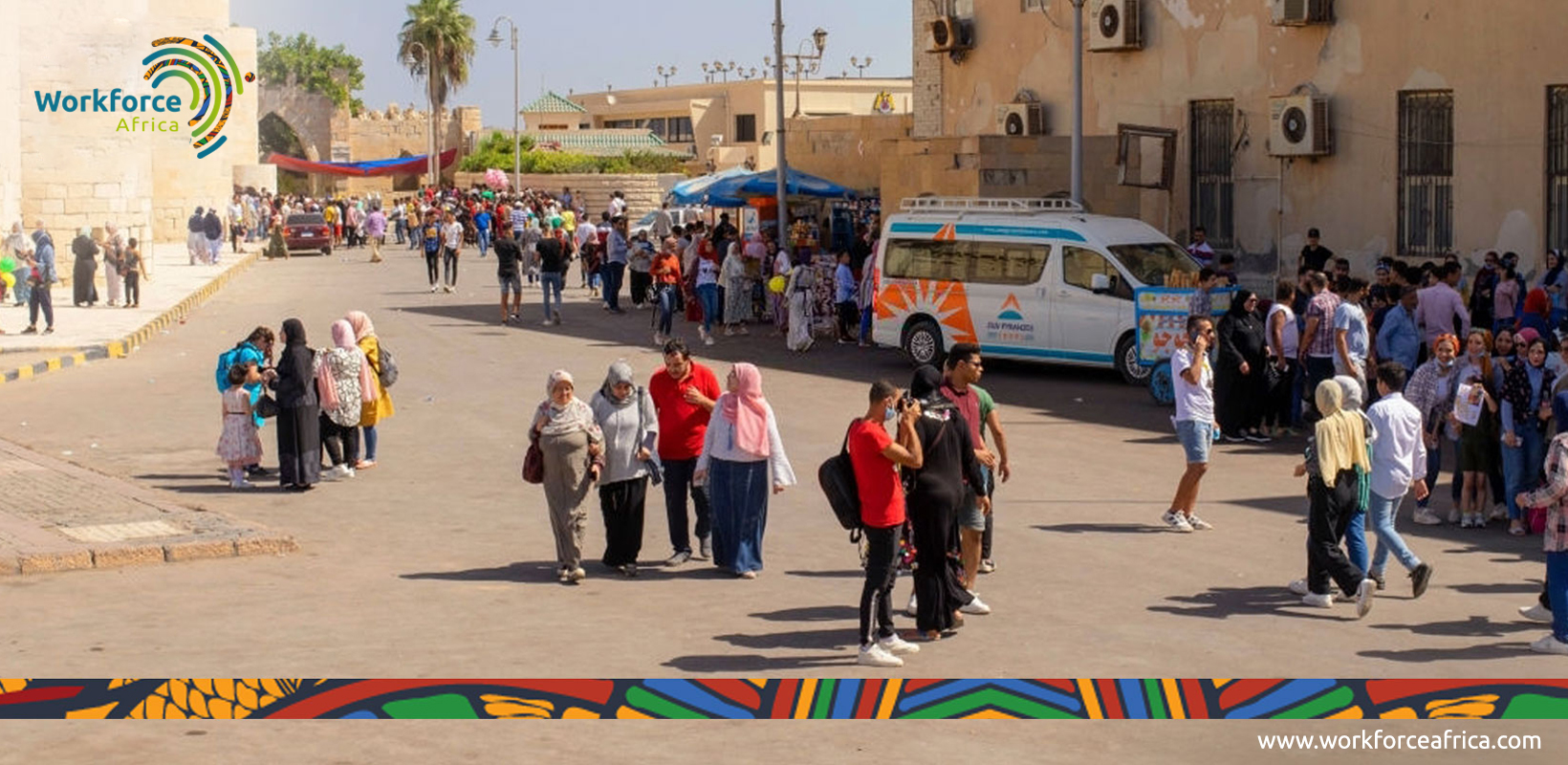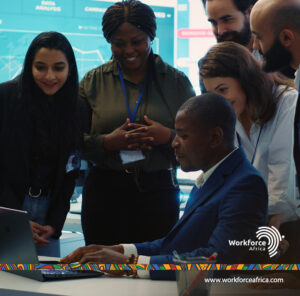While most world economies shrank during the first year of the COVID-19 pandemic, Egypt was one of the few that trended upward. Egypt’s 3.4% GDP growth outpaced many African nations and was the third-highest on the continent.
However, Egypt’s strong growth doesn’t indicate that the country didn’t face challenges during the pandemic. According to the World Bank data on unemployment, Egypt’s unemployment rate was 10.45% in 2020.
Still, Egypt is an attractive destination for companies seeking international expansion, as confirmed by the value of Foreign Direct Investments (FDI) flowing into the country.
And while FDI to the country is still directed mainly to natural resources like Oil and Gas, the Egyptian Government is attempting to promote FDI diversification. An example is a recent agreement to activate the $16 billion Saudi–Egyptian investment fund that lists Tourism, Health, Pharmaceuticals, Infrastructure, Digital Technologies, Financial Services, Education and Food as priority sectors.
Thus, with a growing GDP even during the pandemic, coupled with a thriving inflow of FDIs, it is easy to assume that these factors explain why even more companies are expanding internationally into Egypt.
However, these factors may be the effects of other critical elements at play. And that’s because Egypt’s business environment is exceptionally favourable to overseas businesses.
Read on to discover three reasons why companies choose to do business in Egypt when mapping their global expansion strategy.
Recommended Post: Complete Market Entry Guide for Doing Business in Africa
International expansion: 3 Reasons Global Companies Choose Egypt
Reason #3: Strategic Location
Egypt’s strategic location has always made it a hub for trade and exchange between Africa, Europe, and Asia. For example, the country is a significant transit hub for submarine cables. It is connected to 10 out of 18 cables passing by the country, which provides Egypt with a capacity that exceeds 60 TB ps in Internet bandwidth.
But taking a step back, this natural advantage was enhanced in 1869 when Egypt opened the Suez Canal, which connects the Mediterranean Sea to the Red Sea, located in the North-East of the country.
The route is considered the shortest link between the East and the West, explaining why international trade utilizes this channel. Approximately 12% of global trade passes through the Suez Canal, representing over $1 trillion worth of goods per annum. Recently, the Egyptian authorities announced record revenue of $5.84 billion in the last tax year, despite the impacts of the COVID-19 pandemic and the six-day blockage of the waterway by a giant cargo ship.
Thus, Egypt’s strategic location directly impacts the infrastructure and the median income of the average Egyptian, making it an attractive destination for international expansion. Besides, the country also serves as a launchpad for distributing goods to Asia, Europe and other parts of Africa, making it another consideration for global companies that manufacture goods.
Reason #2: Skilled Workforce
Egypt is also home to a highly diverse and skilled workforce, giving foreign companies in Egypt access to a wealth of top talent. Here’s a snapshot of why this is the case;
Egypt produces 500,000 new graduates every year, with 220,000 students obtaining degrees in business process-related fields, while 50,000 gain skills in IT-related disciplines. Graduates also speak a wide range of foreign languages, mainly English, French and German. And the country’s Native Arabic gives Egypt access to the 300million Arabic speakers around the globe.
But that’s not all; Egypt also has a median age of 24.6 years, meaning the country has a young workforce capable of learning skills required to compete in an increasingly digital world.
US-based consultancy firm AT Kearney ranked Egypt 15th in the world and 1st in the Middle East and Africa in its 2021 Global Services Location Index, measured using the availability of skilled labour force amongst other parameters.
Considering these factors, it’s no surprise that global companies consider Egypt a destination of choice.
Reason #1: Huge Domestic Market

With an estimated population of 104.12 million people in 2020, Egypt is the most populated country in the Middle East and North Africa (MENA) region, offering a vast consumer base for retailers.
By way of comparison, other large MENA countries such as Iran, Algeria and Saudi Arabia have 84, 43.9, and 34.8 million people, respectively. It is expected that Egypt’s total population will grow at a compound annual growth rate (CAGR) of 1.9%, to reach 120.8 million people by 2030.
Young adults (aged 20-39), who make up nearly a third of the country’s population, are viewed as a target customer group by retailers. They have relatively high spending power and are more willing to purchase new and innovative consumer goods. Furthermore, it is estimated that the country’s middle class (proportion of the population with a disposable income of $5,000 – $10,000) will expand to 48.1% in 2024.
More global companies are either expanding into or across Egypt due to its vast domestic market. For instance, in September 2020, Carrefour announced it would invest an additional $12.7mn to open nine (9) new Carrefour stores by the end of 2020. In addition, the retailer announced plans to open 39 new Carrefour branches over the next five (5) years.
Good Read: African Continental Free Trade Area – What you need to know
Expand into Egypt With Workforce Africa
Global businesses expand into Egypt because of its huge domestic market, highly skilled labour, strategic location, etc. Workforce Africa helps you take advantage of all the country offers by making your expansion as fast, smooth, and cost-effective as possible.
So, whether you’re looking to hire from a skilled African workforce, reach new customers within Africa, or accomplish any goal in between, Workforce Africa has the expertise to help you succeed.
Reach out today to discover how our international expansion experts help companies of all sizes ease their entry into markets like Egypt. Click here to begin.







